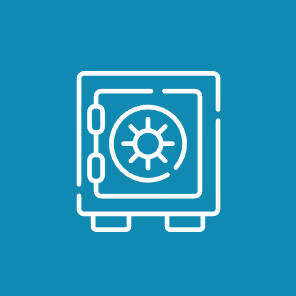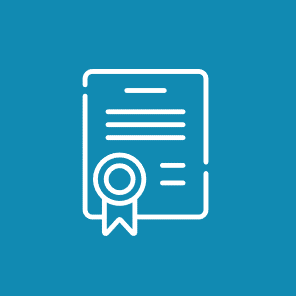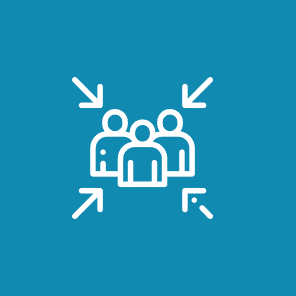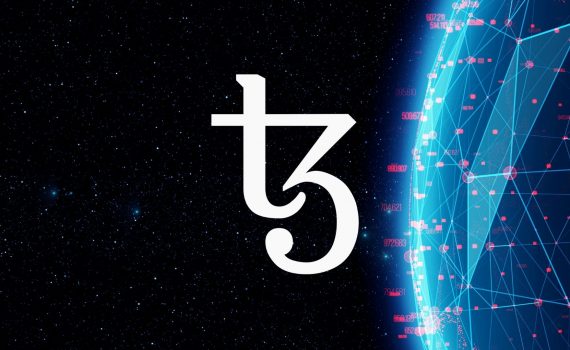Electronic signature on Blockchain: certify with complete autonomy
Reduce the cost of your electronic signatures by using blockchain technologies.
The benefits of blockchain for electronic certification
The use of electronic signatures has become more accessible in recent years, and even more so since the COVID crisis. Nevertheless, the use of signatures is still in practice limited to a very small part of companies’ documentation: high-value documents or documents subject to regulatory requirements. Typically, these are almost exclusively customer contracts. Indeed, the costs are currently too high to allow application to all documents that deserve to be signed electronically.
This is due to the fact that traditional solutions are based on particularly complex and costly public key infrastructures (PKI) and publishers do not question their model.
Another major drawback is that PKI infrastructures are controlled by a certification authority. You therefore entrust your proof of signature to a trusted third party and you cannot verify or have this proof verified independently of it. Because of their centralised character, these solutions represent a single point of failure associated with various risks: security failure, service breakdown, conflict of interest, change in product or pricing conditions, bankruptcy, etc.
While complying with the European eIDAS regulation on “simple” signatures, blockchain technology can be substituted to PKI infrastructures because it inherently meets the needs of an electronic signature solution: authentication management, time stamping and immutable storage of proof. The use of a highly decentralised public blockchain also allows for independence from trusted third parties by overcoming the limitations of traditional solutions. Compared to solutions based on the use of PKI and trusted third parties, the advantages are numerous:
- Drastic cost reductions. The large volume of signatures means that time-stamping costs per document can be reduced by up to 100 times
- Total autonomy, no third party restrictions, check and have the authenticity of your signatures verified without an intermediary
- No need for certificates and therefore no need to manage their cancellation.
- No format or document size constraint, beyond PDF, you can sign videos, photos, autocad files, pieces of music, lines of code, etc…
E-signature, what are the use cases ?
We would like to highlight the difference between two different use cases, both of which are based on the same technological concepts and the same regulations.
The first use case is documentary certification. This involves being able to prove the date of creation of a document, its source, its integrity and its authenticity. It is about having a document signed by its original publisher, not to approve the content of the file, but to enable its authenticity to be verified.
Until now, this market has been ignored for reasons of cost, but the use of the blockchain now makes it possible to carry out certification for only a few tenths of a cent per document.
The applications are numerous, and can concern all departments of a company :
- Protecting the intellectual property of a picture
- Generate forgery-proof PDF diplomas
- Certify the authenticity of an insurance certificate
- Verify the issuer of a proof of address
- Time-stamp the creation date of an invoice
- Generate digital evidence on HR procedures
- Add evidential value to an archiving solution
The second use case, which most people call electronic signature as a simplification, is actually consent taking. In this case, the issuer of the document aims to acquire the agreement of one or more persons/entities on the content of the document.
This process mainly concerns the signing of contracts or legal documents, but it is also used in many other contexts (SEPA mandate, sign-in sheets, internal company signatures, etc).
Although the use of blockchain technology does not currently meet the requirements of the European eIDAS standards on qualified signatures, it is perfectly suited to the needs of simple signatures – by far the largest volume of activity in terms of number of signatures – and, with certain reservations, to those of advanced signatures.

Coexya provides two solutions for signing on blockchain
Tezos Digisign –open source solution
Tezos DigiSign is an open source certification solution that runs in your IT environments and allows you to manage your own electronic certification projects with complete autonomy, with the Tezos Blockchain acting as the authentication, time-stamping and immutable evidence storage management solution.
With this royalty-free solution, you have no licensing costs to pay, no trusted third parties to pay, and no service contracts to sign to use it.
Beyond your implementation project, your only costs will be the fees for the signing transactions you place on the blockchain, which are particularly low on the Tezos blockchain.
The Tezos Digisign solution has been downloaded thousands of times and we have helped many customers deploy it in their homes and adapt it to their needs. Some existing certification solutions on the market are based on Tezos Digisign.
Tediji – SAAS Solution
Tediji is a SAAS solution for accessible, ecological and untrusted electronic signatures that offers 2 levels of signature: certification and simple signature with consent.
Tediji allows you to generalize your use of electronic signature to apply it to all your digital productions that require it:
- Mass certification: your files are pooled together to be signed in a single transaction. The cost per document is up to 10 to 100 times cheaper than traditional solutions
- Unitary certification: the file is anchored on the blockchain for a fixed cost
- Scheduled certification: the frequency can be chosen (from every 30 minutes to once a day)
- Immediate certification: files are certified within 5 minutes
- Simple signature with anchoring as the signing process goes on (each signing action generates a timestamp on the blockchain)
- High-volume API: ability to integrate electronic signature with enterprise tools with requests accepting up to 100,000 file hashes per call
- Group management: possibility to distribute signature quotas to different teams/departments or to charge them to the company’s customers.
We use a dedicated Tezos key to sign all your organisation’s files. This allows us to separate proofs of signature according to their origin and make them easier to audit in the event of a legal dispute. This is unique as other solutions use a single key to sign files from multiple organisations.
For more information, contact us : info@tediji.eu
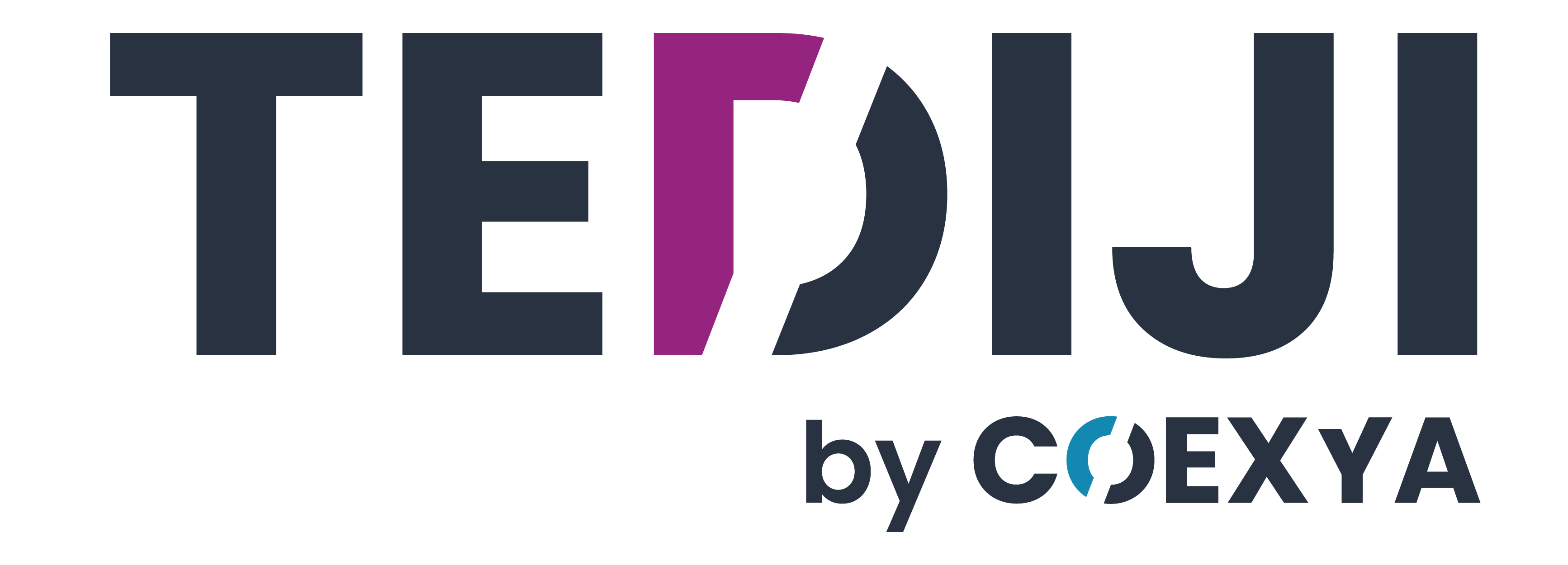
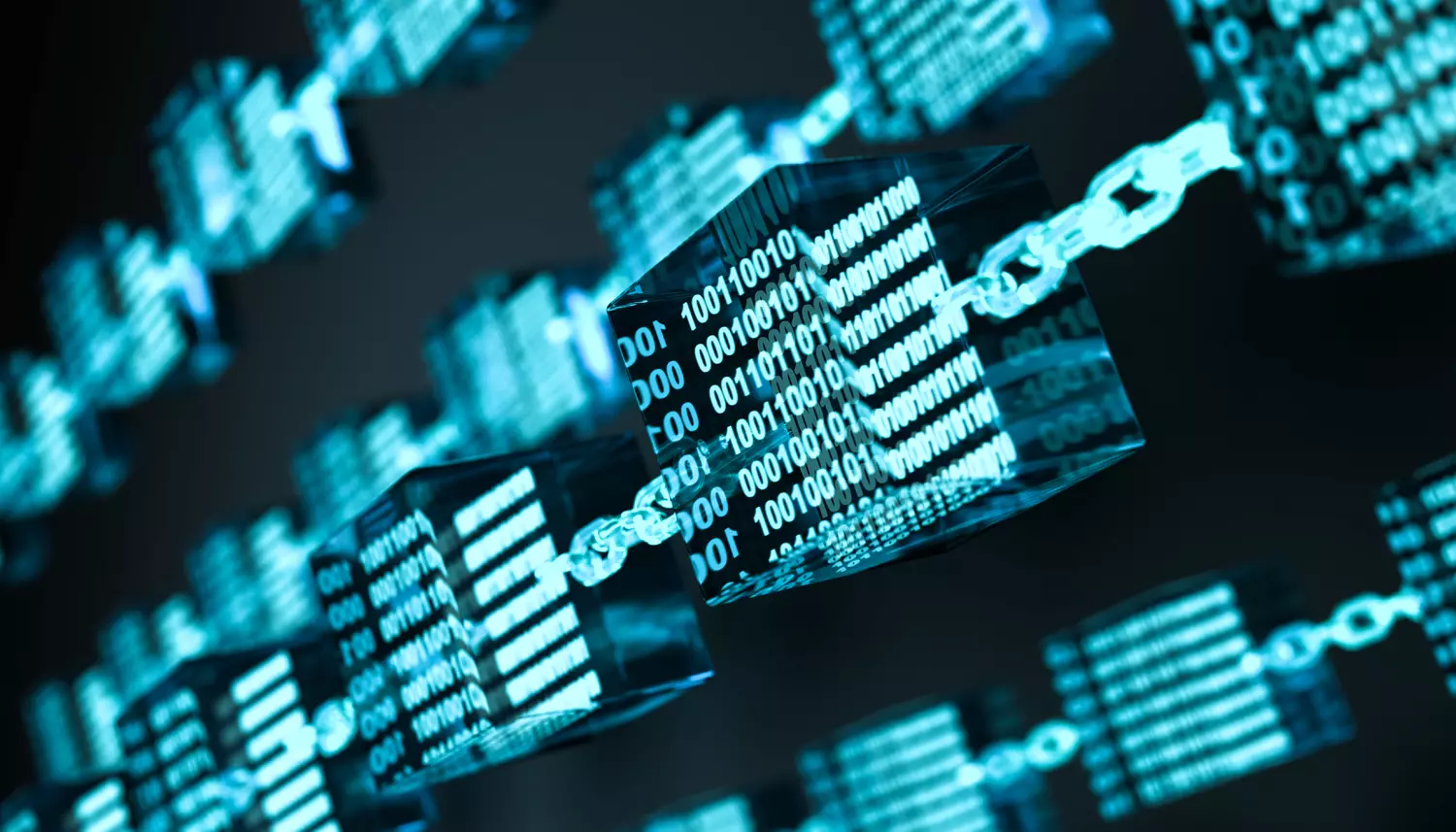
Coexya relies on its combined expertise: we are experts in online signature and blockchain
Coexya is one of the French leaders in document management solutions and has been assisting its customers for more than 10 years in the setting up of signature solutions, both in consulting and in integration. Our experience has allowed us to understand the capabilities of these solutions and the issues of frustration of our customers.
We have been using blockchain technologies since 2018 to certify and sign data and documents, and before developing our product offerings we carried out custom digital proofing projects using Bitcoin, Ethereum or Hyperledger Fabric.
Our choice to choose Tezos was made in 2019 because we share the strategic vision and CSR commitment. Since then, beyond our software and SAAS solutions, our investment in the Tezos ecosystem has grown. We were one of the very first blockchain “corporate bakers” (i.e. a large company with a blockchain validation and mining node). We have also launched a consulting and services division on Tezos technologies, which we provide to our large corporate clients. On the strategic consulting aspects, we work in partnership with the specialist company Blockchain EZ (www.blockchain-ez.com)
We are also the main contributors to the Choose Your Baker open source project: a solution enabling transactions to be submitted directly to a certified baker who complies with compliance rules.
Our expertise in the Tezos blockchain has enabled us to make the most of this technology to design the next generation of electronic signature solutions: more secure, less expensive and more sustainable.
Tezos, the public blockchain for business applications
While there are a large number of public blockchains, only few have the level of security required to meet the standards of an electronic signature solution. Some solutions based on Bitcoin or Ethereum have already emerged. These blockchains are indeed extremely secure due to their size and market positioning. However, their consensus is based on the proof-of-work mechanism, which is particularly energy-intensive and costly. This technical characteristic therefore limits their application in the context of electronic signatures.
We have chosen to base our solution on the Tezos blockchain because it offers all the assets for developing sustainable enterprise applications:
Our electronic signature solution based on the Tezos blockchain is intended for companies, institutions and associations with needs in terms of time stamping of documents, provision of proof of origin or documentary precedence, certification of content in databases, and generally low-cost electronic signatures.
All of this in compliance with the European eIDAS regulation on the so-called “simple” electronic signature (i.e. 80% of the cases on the market).


